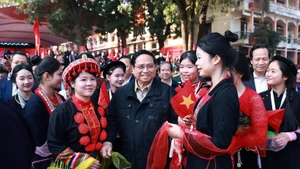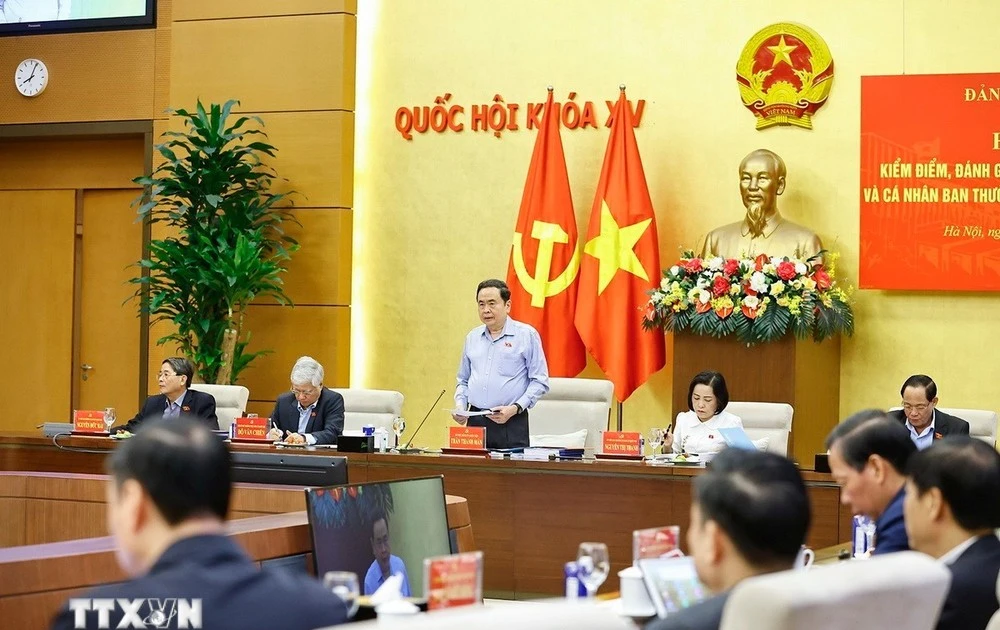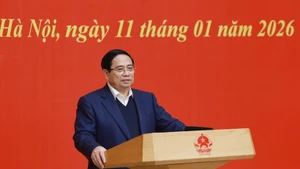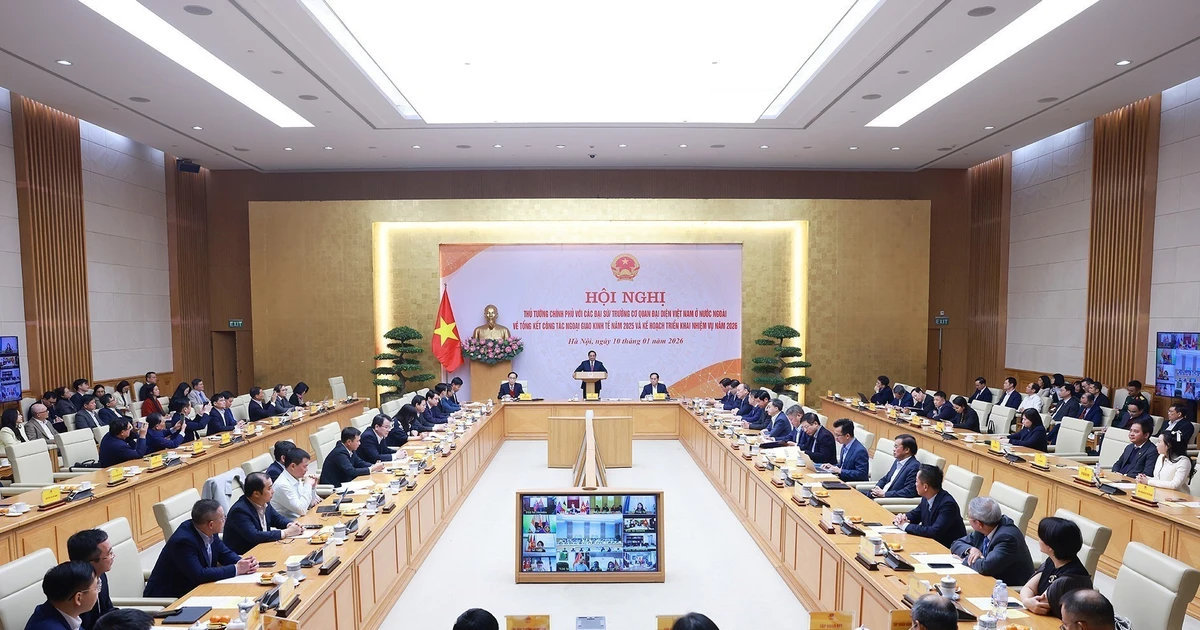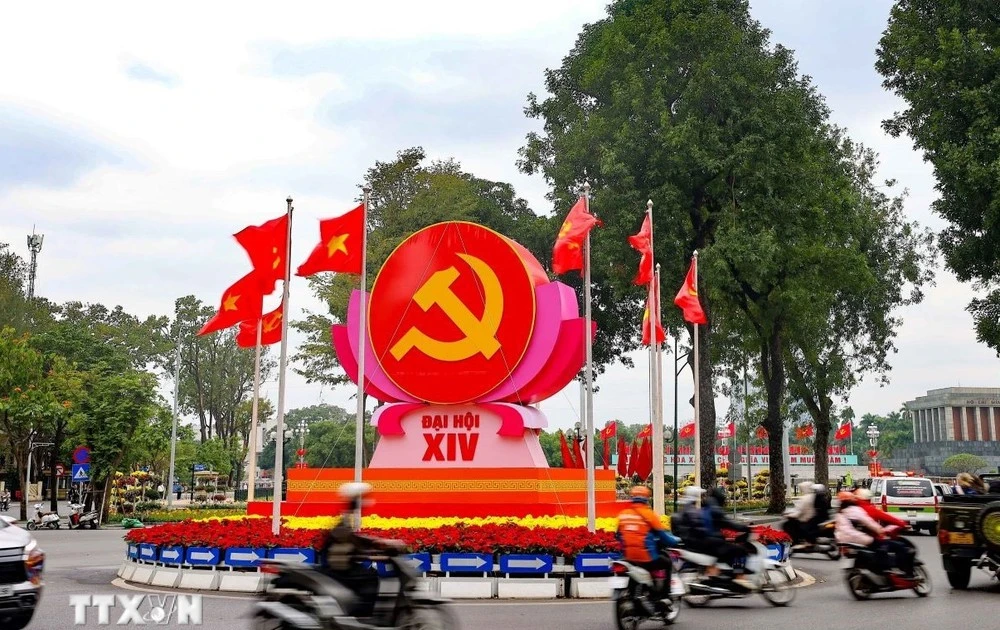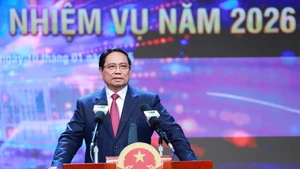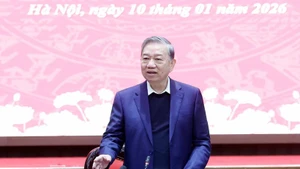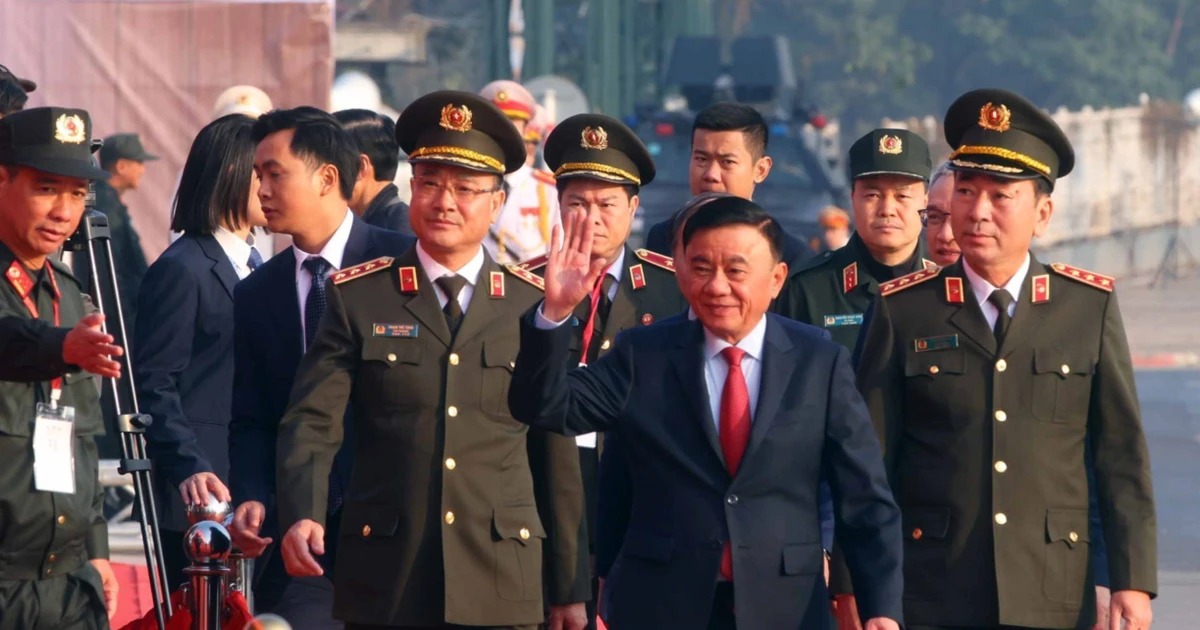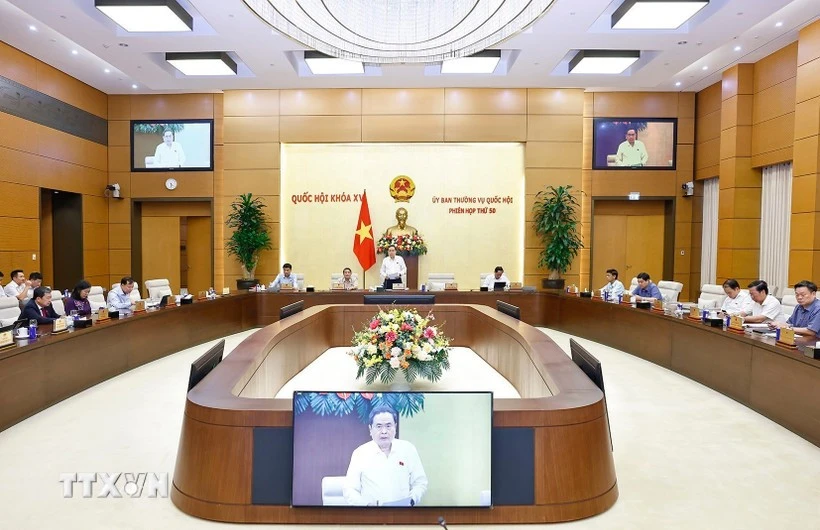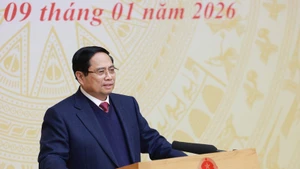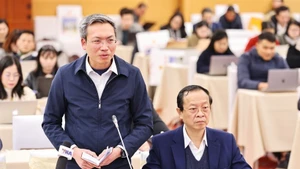GENERAL SECRETARY NGUYEN VAN LINH (July 1, 1915 – April 27, 1998)
The Congress assessed the preceding five years as a period fraught with challenges. Alongside important achievements, several shortcomings and errors were also evident. The Party adopted an attitude of “looking straight at the truth, speaking the truth, and honestly assessing the truth”. Overall, the targets set by the Fifth National Party Congress, essentially stabilising the socio-economic situation and improving people’s living standards, had not been achieved.
The Congress identified several key lessons. The Party must thoroughly grasp the principle of “placing the people at the heart”, and build and promote the working people’s right to mastery; it must always start from reality, respect and act in accordance with objective laws; it must be able to combine national strength with the strength of the times in the new context; and it must build itself into a Party commensurate with the political tasks of a ruling party leading the people in the socialist revolution.
(Compiled from: Complete Collection of Party Documents; tulieuvankien.dangcongsan.vn)
GENERAL CONTEXT
1981–1985: Socio-economic crisis persisted; hyperinflation surged; people’s living conditions remained difficult.
December 15–18, 1986: Sixth National Party Congress – the Congress of Renewal, marking the beginning of comprehensive national reform.
1987–1988: Initial implementation of renewal policies, including the contract-based production mechanism in agriculture (Khoan 10).
March 20–29, 1989: Sixth Plenum of the Sixth Party Central Committee – a turning point towards a market mechanism.
1989–1991: Economic recovery began; inflation was curbed; production expanded.
DOMESTIC SITUATION
Domestically, the country continued to build socialism, strengthen the collective mastery system, develop a new economy, a new culture, and a new socialist person, in close association with safeguarding the Fatherland.
However, during the first decade of the transitional period, outdated production structures, the legacies of war, and remnants of the old regime hindered national development. The country had not advanced far from its extremely low starting point. Mistakes and shortcomings further compounded the difficulties.
‘Khoan 10’ in agriculture: Production contracts were assigned to individual workers and labour groups, unleashing productive capacity. Agriculture flourished, turning food shortages into rice exports.
Acceptance of a multi-sectoral economy: The economy shifted from relying solely on the state and collective sectors to developing multiple economic sectors with diverse forms of ownership.
INTERNATIONAL SITUATION
The socialist system in the Soviet Union and Eastern Europe fell into crisis and severe difficulties. National independence movements gained strong momentum; the Non-Aligned Movement emerged as a broad political force with an increasingly important role.
Soviet Perestroika: Gorbachev came to power in 1985 and launched reforms, yet these faced numerous obstacles, leading to a comprehensive crisis.
The gap between developed capitalist countries and developing nations widened. Increasing exploitation by imperialist powers pushed many Asian, African, and Latin American countries into deeper poverty and mounting debt. The workers’ movement in capitalist countries experienced new development. The scientific and technological revolution advanced rapidly, creating leaps in productive forces and accelerating the internationalisation of production.
Hostile forces continued their acts of sabotage, inciting unrest and intensifying “peaceful evolution”. The US and Western countries maintained their economic embargo.

